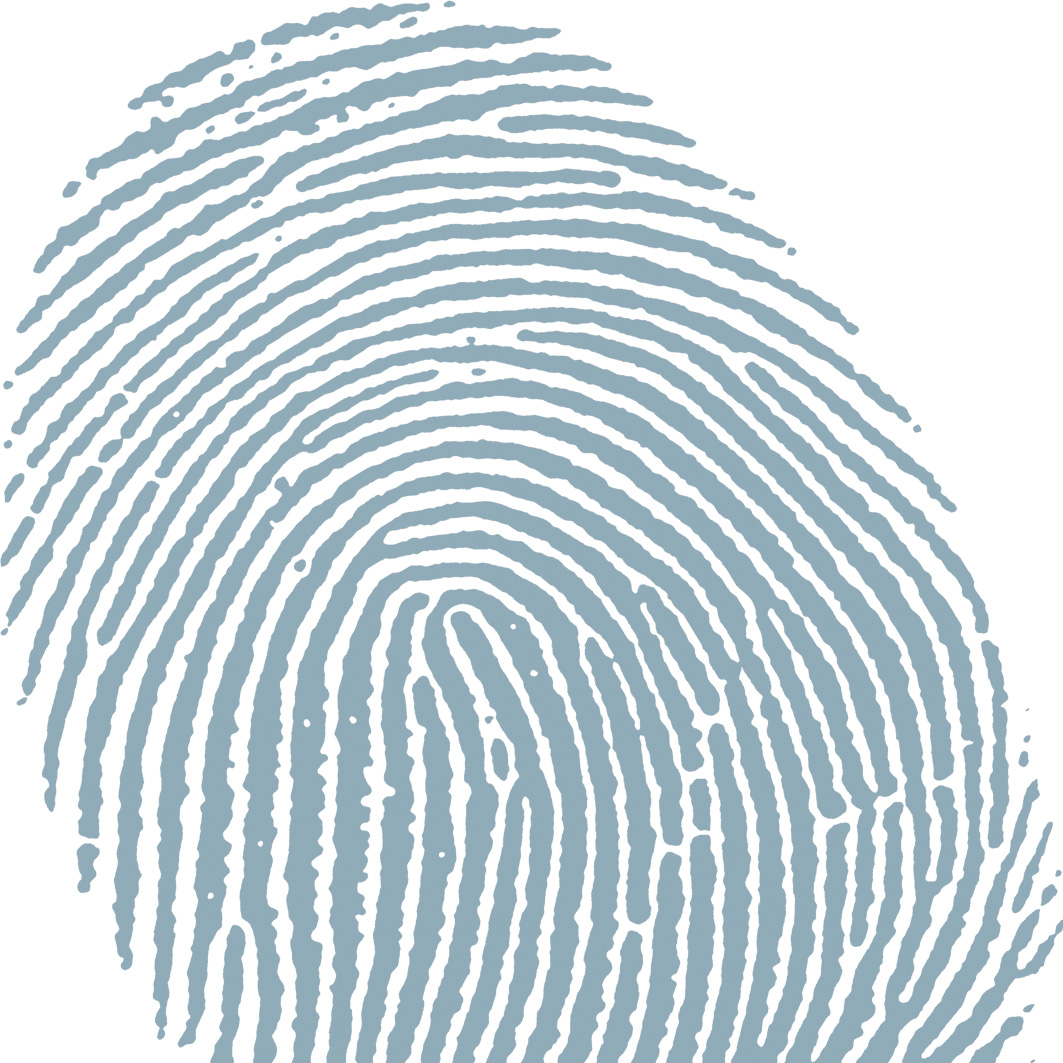 Three police forces in the East Midlands – Derbyshire, Lincolnshire and Nottinghamshire – will be the first in England and Wales to have all their paper fingerprint records entirely digitised.
Three police forces in the East Midlands – Derbyshire, Lincolnshire and Nottinghamshire – will be the first in England and Wales to have all their paper fingerprint records entirely digitised.
The three forces formed the East Midlands Special Operations Unit-Forensic Services in 2012. They will hand 500,000 records dating back to 1999 over to Northgate Public Services, a specialist provider of software and services to the police.
The prints will be scanned by Northgate, catalogued instantly using unique reference numbers and stored in encrypted files on a secure EMSOU-FS server. The fingerprint images will be saved as Jpeg 2000 files at 300dpi, an acceptable quality resolution for submission as evidence in court. The paper copies will then be destroyed.
Prior to 1999, all fingerprint records were sent to Scotland Yard for storage. Since then forces have held their own records. However, the amalgamation of the three forces’ files last year has put pressures upon available storage space at the Regional Identification Bureau at Nottinghamshire Police’s Sherwood Lodge HQ, not to mention generating a significant annual cost to store them.
Included in those files are 15,000 records which the Home Office has identified for destruction under the Protection of Freedoms Act 2012.
The act states that no fingerprints taken from a person who was subsequently not prosecuted for an offence or acquitted of a minor offence can be held by police forces after the end of January 2014.
The staffing cost of manually locating the records to be destroyed under POFA would have also been substantial. Northgate is able to offer the additional service of removing the prints on behalf of the forces for a fraction of the manual process costs and much shorter timescale.
Once Northgate has scanned all the records, its systems can immediately identify the POFA files by their reference numbers and permanently delete the digital record in addition to destroying the paper file.
According to EMSOU-FS, one of the key advantages of working with Northgate Public Services is the ability to link the new digital records with other forensic information contained within Northgate’s Socrates forensic case management solution, used by 36 UK forces. The fingerprint records could also now be made available to other police systems, further increasing the usefulness of the information to police officers investigating crime.
The work at EMSOU is being followed closely by ACPO and may well become a blueprint for other forces to achieve similar benefits.
Head of the EMSOU-FS Regional Identification Bureau, Ian Gledhill, said: “The Protection of Freedoms Act is a very important piece of legislation for all of us who work in the forensic services, but it is only part of the reason for working with Northgate on this project.
“Northgate has a proven track record for securely handling and processing documentation. Their staff are all Criminal Records Bureau-checked and encryption will provide another important layer of data protection for our records, while their cataloguing systems will make accessing records instantaneous rather than have to undertake the task of trawling though the files by hand.
“We now have the imaging and print quality to satisfy the requirements of the courts, making the need to hold paper records obsolete. This process will effectively make our bureau paperless. It will make a significant and on-going cost saving in terms of storage, as well as negating a substantial staffing cost to ensure compliance with the Protection of Freedoms Act by the end of January. By working with Northgate, we in the East Midlands expect to be the first in England and Wales to complete the process, which should take no more than a few weeks.
“We at EMSOU-FS have already proved that digitisation enables us to make identifications within minutes of a print being taken from a crime scene, increasing the prospect of tracing the offender. If this process is replicated nationally, it would be of huge benefit to all investigative police officers, offering a database of millions of instantly accessible fingerprint records from across the country.”